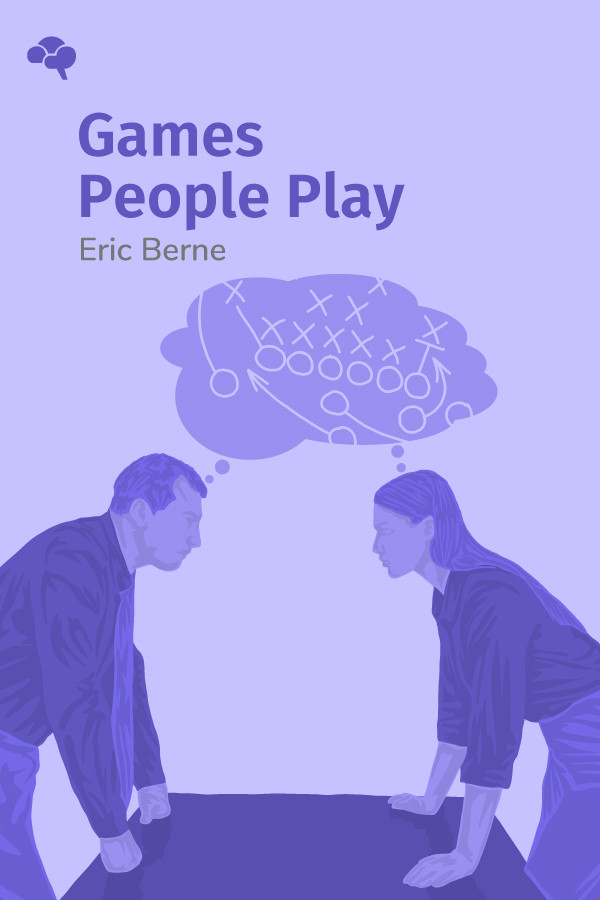Key Insights From:
Games People Play
By Eric Berne


Key Insights From:
Games People Play
By Eric Berne
What You'll Learn:
Eric Berne (1910-1970) was a Canadian-born psychiatrist who developed a revolutionary theory of human behavior called transactional analysis. Transactional analysis posits we unwittingly participate in a series of games, and we do so while in one of a number of states of mind: as a Parent, as an Adult, or as a Child. As with most games, we need another person, so these social-psychological games require another person’s internal Parent, Adult, or Child join in with us. These games can play out as Parent-Child, Parent-Parent, Child-Child, Adult-Child, or some other combination, but the interactions always provide an opportunity to “win” something that fulfills a deep unconscious need.
The object of a game could be feeling reassured, forgiven, rescued or like a rescuer. It could be a desire to get away with “bad behavior,” to feel avenged, to be right, to prove someone wrong, or any number of things. The game is the transaction that allows us to get something from it. Because we are unaware of most of the games we play in the home, in the workplace, at the party, and anywhere else we go, Eric Berne sought to uncover our unconscious patterns that keep us from being real and vulnerable, and from genuinely relating. Even decades after its original publication in 1964, Games People Play remains an influential classic to which many people still return.
Key Insights:
- We play games to get our ego stroked.
- The payoff of the game “Alcoholic” is not the drink itself but the game of “see if you can stop me,” ending in punishment by self and others.
- Some people are determined to pay off debts as quickly as possible—others make a game out of it with their creditors.
- Courtroom games are extremely popular in marriages.
- Many married couples develop elaborate, angry games to avoid intimacy—but they consider it a “win-win” or they would have stopped a long time ago.
- Parties are hotbeds of mixed motives and strategic maneuvers.
- Life is a process of unlearning inherited games, and teaching the next generation better games.




